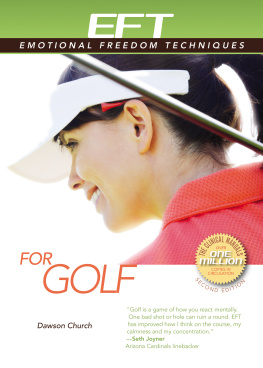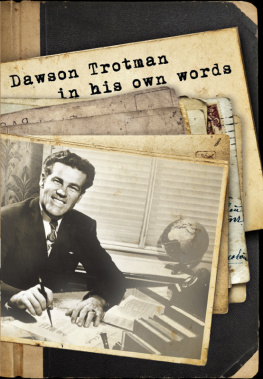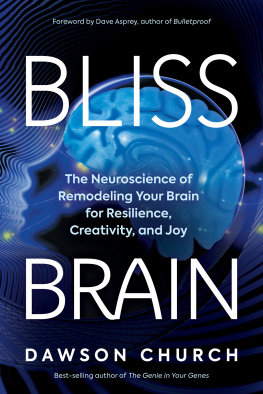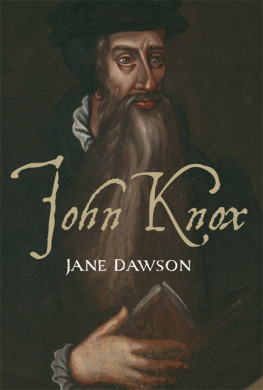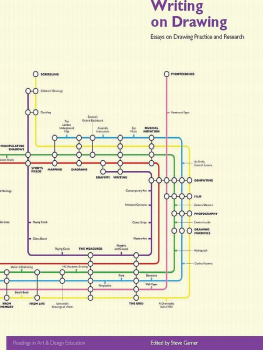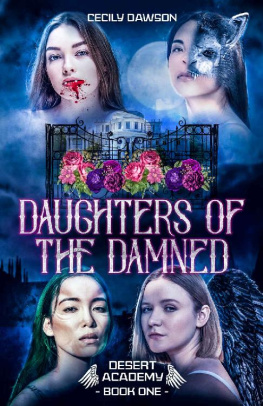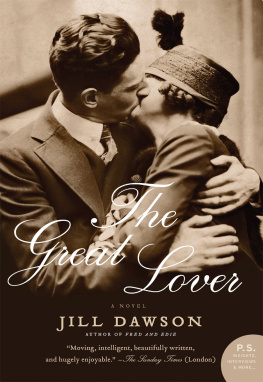SAGE Publications Ltd
1 Olivers Yard
55 City Road
London EC1Y 1SP
SAGE Publications Inc.
2455 Teller Road
Thousand Oaks, California 91320
SAGE Publications India Pvt Ltd
B 1/I 1 Mohan Cooperative Industrial Area
Mathura Road
New Delhi 110 044
SAGE Publications Asia-Pacific Pte Ltd
3 Church Street
#10-04 Samsung Hub
Singapore 049483
Catherine Dawson 2016
First published 2016
Apart from any fair dealing for the purposes of research or private study, or criticism or review, as permitted under the Copyright, Designs and Patents Act, 1988, this publication may be reproduced, stored or transmitted in any form, or by any means, only with the prior permission in writing of the publishers, or in the case of reprographic reproduction, in accordance with the terms of licences issued by the Copyright Licensing Agency. Enquiries concerning reproduction outside those terms should be sent to the publishers.
All material on the accompanying website can be printed off and photocopied by the purchaser/user of the book. The web material itself may not be reproduced in its entirety for use by others without prior written permission from SAGE. The web material may not be distributed or sold separately from the book without the prior written permission of SAGE. Should anyone wish to use the materials from the website for conference purposes, they would require separate permission from us. All material is Catherine Dawson, 2016
Library of Congress Control Number: 2016930297
British Library Cataloguing in Publication data
A catalogue record for this book is available from the British Library
ISBN 978-1-47394-628-6
ISBN 978-1-47394-629-3 (pbk)
Editor: Kirsty Smy / Delia Martinez-Alfonso
Editorial assistant: Lyndsay Aitken
Production editor: Sarah Cooke
Marketing manager: Sally Ransom
Cover design: Francis Kenney
Typeset by: C&M Digitals (P) Ltd, Chennai, India
Printed and bound by CPI Group (UK) Ltd, Croydon, CR0 4YY
Definitions
- Beginner:
- inexperienced undergraduates (in their first year);
- students on adult and community education courses who are new to research;
- trainees on public and private training programmes who are new to research.
- Intermediate:
- experienced undergraduates (in their second and third year);
- students on adult and community courses who have some research experience and/or some training in research methods;
- trainees on public and private training programmes who have previously been involved in a research project and/or undertaken research methods training.
- Advanced:
- postgraduate students (taught and research);
- students in centres for doctoral training;
- students in doctoral training partnerships;
- research officers and research assistants who have research experience and are advancing their knowledge and understanding through undertaking public or private training courses at advanced level.
Note that some activities presented in this book are suitable for all three levels outlined above. In these cases the complexity of activity, exercise or discussion reflects the level of study.
Activities at beginner level
Activities at intermediate level
Activities at advanced level
Activity Type Index (in alphabetical order)
Brainstorms and brainwaves
Brainstorm with support network
Collaborative dialogue
Focus groups
Games
Group debates
Group exercise followed by group presentation
Group exercise followed by tutor-led discussion
Individual exercise followed by individual presentation
Individual exercise followed by tutor and/or peer feedback
Individual exercise followed by tutor-led discussion
Knowledge exchange
Learning journals, diaries and logs
Micro-conference
Observational exercise and discussion
Role-play
Scenarios for group discussion
Self-guided individual exercises
Social think-tank
Specialist tours, talks and demonstrations
Student-centred resource development
Student worksheets
Support networks
Teaching peers and other groups
Textbook/PDF development
Tutor-led class discussion
Visual representation and presentation in groups
Websites, apps and podcasts
Companion Website
100 Activities for Teaching Research Methods is supported by online resources that support teaching and aid student study. The resources are available at https://study.sagepub.com/catherinedawson
For lecturers: student activity handouts from the book are available for you to download, tailor and share with your students in class or for assignments, which will support their mastery of research methods.
About the Author
Dr Catherine Dawsonstudied at university in the UK for an undergraduate degree in Combined Humanities, a masters degree in Social Research and a PhD that looked at the learning choices of adults returning to education. She has worked as a research assistant, research associate and tutor at various UK universities and as a research and training officer in both the public and private sectors. Over the years she has developed and taught research methods courses for undergraduate and postgraduate students and has designed and delivered bespoke research methods training sessions to employees at all levels in the private sector. During her career she has undertaken a wide variety of publicly and privately funded research projects. Catherine currently works as a freelance researcher and writer, concentrating on research methods, study skills and student finance.
Introduction
This book provides 100 practical activities for tutors and instructors who teach research methods. It is a sourcebook of self-guided individual exercises, group exercises, games and role-plays that can be used to complement and expand on existing teaching methods and course materials. The book is not discipline-specific and will, therefore, be of use to tutors who teach in the social sciences, sciences and humanities. It is a pedagogical aid aimed at anyone who teaches research methods: for early-career tutors it will provide ready-made materials that can be used when developing and designing modules, and for more experienced tutors it can be used as a complementary resource to support existing research methods training or to help adapt or develop new modules to further engage students.


